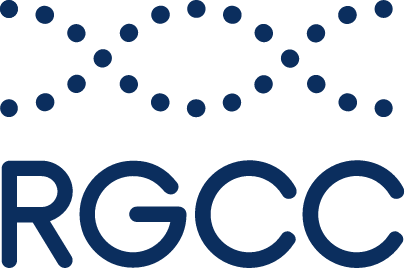New way of looking at cancer immunotherapies
USCF researchers have developed a new way of looking at cancer immunotherapies, matching the immune environment around the tumour site. The research time analysed 364 individual tumours across 12 cancer types, identifying a range of immune cells such as macrophages, NK and B cells that could be potential targets for new immunotherapies. The discovery opens new avenues for personalised treatments, such as those being pioneered by RGCC scientists.
Immunotherapies work by using the body’s immune system to target cancer cells. They’re highly effective in some patients, but don’t work for everyone or every type of cancer, but scientists don’t know why yet. “We were driven by this question of why immunotherapies work for some people and not others,” said lead researcher Max Krummel, PhD, the Robert E. Smith Endowed Chair in Experimental Pathology and director of the Krummel Lab at UCSF.
To understand the hidden mechanisms at work, the researchers examined 364 tumour biopsies from patients. They categorised the tumours into groups based on their immune microenvironment. Next, they identified the immune cells present and which genes were expressed, in the end classifying them into 12 groups. The team discovered that each tumour has a unique way of subverting the bodies immune system, evading our natural defences.
In a paper published in the journal Cell, scientists describe how they have identified several types of immune cells, including macrophages, NK and B cells. “We could see that the tumors and their environments inform each other,” said co-author Alexis Combes, PhD. Using advanced analytical techniques, “we were able to identify and describe these immune archetypes,” says co-author Bushra Samad, MS.
Current immunotherapies typically target T-cells, but the findings could broaden the focus for researchers. “This is a new framework for how to look at cancer patients,” said Combes. “This work will help clinicians find the right biology to target and avoid targeting cells that aren’t present in the tumor.”
The findings could transform the way scientists consider immunotherapies, says Krummel. “We believe this is the next step in personalized medicine for cancer therapy.”
At RGCC, we’re at the forefront of developing new immunotherapies for cancer and welcome the findings. Recent developments such as those from USCF can inspire our scientists to explore new and novel ways to target cancer. We are in the process of creating a new range of advanced therapy medicinal products (ATMPs) to target and treat a range of chronic conditions, including cancer. Vaxo-Q-Re is a new advanced multi-target therapy consisting of five types of immune cells that has recently been classified as a Cell Therapy Medicinal Product (CTMP) by the European Medicines Agency (EMA). This highly advanced adoptive therapy encourages the body’s immune system to target cancer cells. Lead researcher Panagiotis Parsonidis explains further; “The novelty of VAXO-Q-RE therapy is the fact that it follows the requirements of each individual and boosts the body’s natural defences to combat cancer. It is a totally personalized treatment option that recognizes highly specific targets for each individual. Moreover, the efficiency of VAXO-Q-RE is related to the identification and activation of the patient’s own effector cells. There are no exhausted cells or missing targets.”
The potential for immunotherapies is incredible, but they take time to be available to patients. It’s critical that cancer is diagnosed as early as possible, which is why we offer a range of personalised genetic tests that provide an early and accurate diagnosis. You can learn more about our range of personalised cancer tests here.
You can read the full paper, Discovering dominant tumor immune archetypes in a pan-cancer census, here.

